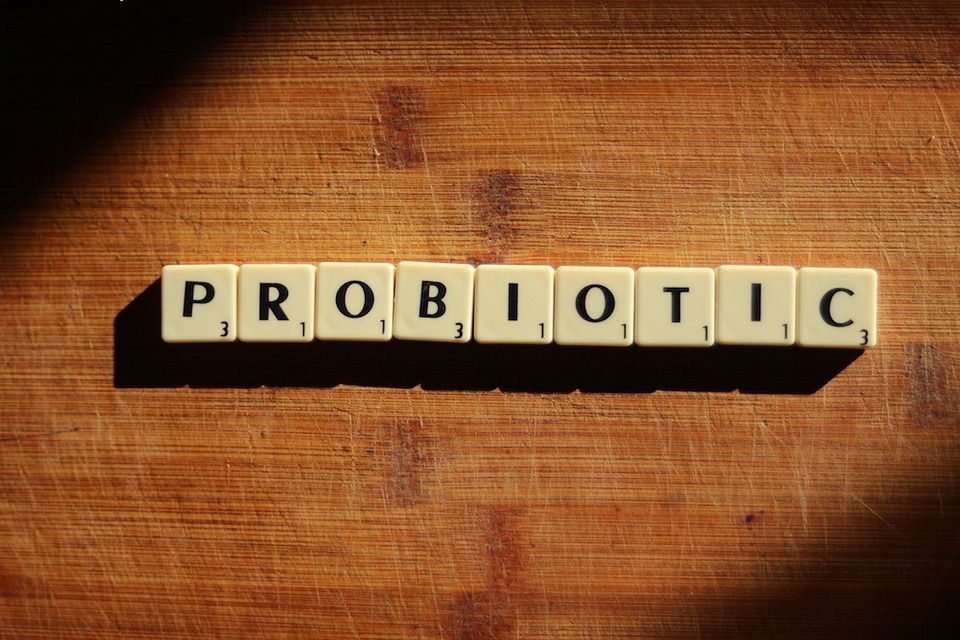Inflammation is a natural response of the body’s immune system to injury or infection. However, chronic inflammation can contribute to the development of many health issues, including autoimmune diseases, diabetes, and heart disease. Emerging research suggests that the gut microbiota plays a crucial role in regulating inflammation, and probiotics, which are live microorganisms that are beneficial for our health, may offer a natural and effective way to reduce inflammation in the body. In this blog, we’ll explore how probiotics can help reduce inflammation and the potential benefits of incorporating probiotics into your routine.
The Gut-Inflammation Connection
The gut microbiota is a complex ecosystem of microorganisms that live in the digestive tract. This microbiota plays an important role in regulating many bodily functions, including immune function and metabolism.
Emerging research suggests that the gut microbiota may also play a role in regulating inflammation. Studies have shown that the gut microbiota can affect the production of inflammatory compounds and the activity of immune cells that can contribute to inflammation.
How Probiotics Can Help Reduce Inflammation
Probiotics can help reduce inflammation by improving gut health and supporting immune function. Studies have shown that probiotics can help:
- Reduce the production of inflammatory compounds, such as cytokines and chemokines
- Improve the balance of the gut microbiota, which can help regulate immune function and reduce inflammation
- Support the production of anti-inflammatory compounds, such as short-chain fatty acids (SCFAs)
- Improve gut barrier function, which can help prevent the entry of harmful bacteria and inflammatory compounds into the bloodstream
In addition, probiotics can help alleviate other health issues that can contribute to inflammation, such as digestive problems and immune dysfunction.
Choosing the Right Probiotics for Inflammation
When choosing a probiotic supplement for inflammation, look for one that contains strains that have been shown to be effective, such as Bifidobacterium lactis, Lactobacillus acidophilus, and Streptococcus thermophilus. It’s also important to choose a supplement that contains a high number of colony-forming units (CFUs) and to follow the recommended dosage on the label.
In addition to probiotic supplements, you can also get probiotics from fermented foods, such as yogurt, kefir, kimchi, sauerkraut, and kombucha.
Other Strategies for Reducing Inflammation
While probiotics can be an effective way to reduce inflammation, there are other strategies that can also help. These include:
- Eating a healthy diet that is rich in fruits, vegetables, whole grains, and lean protein
- Engaging in regular exercise
- Getting enough sleep
- Managing stress through relaxation techniques, such as meditation or deep breathing exercises
- Avoiding triggers, such as certain foods or environmental factors, that can exacerbate inflammation
Conclusion
Chronic inflammation can contribute to the development of many health issues, including autoimmune diseases, diabetes, and heart disease. However, emerging research suggests that probiotics offer a natural and effective way to reduce inflammation by improving gut health and supporting immune function.
When choosing a probiotic supplement for inflammation, look for one that contains strains that have been shown to be effective, such as Bifidobacterium lactis, Lactobacillus acidophilus, and Streptococcus thermophilus. By incorporating probiotics and other inflammation-reducing strategies into your routine, you can improve your overall health and reduce the risk of chronic inflammation-related health issues.







